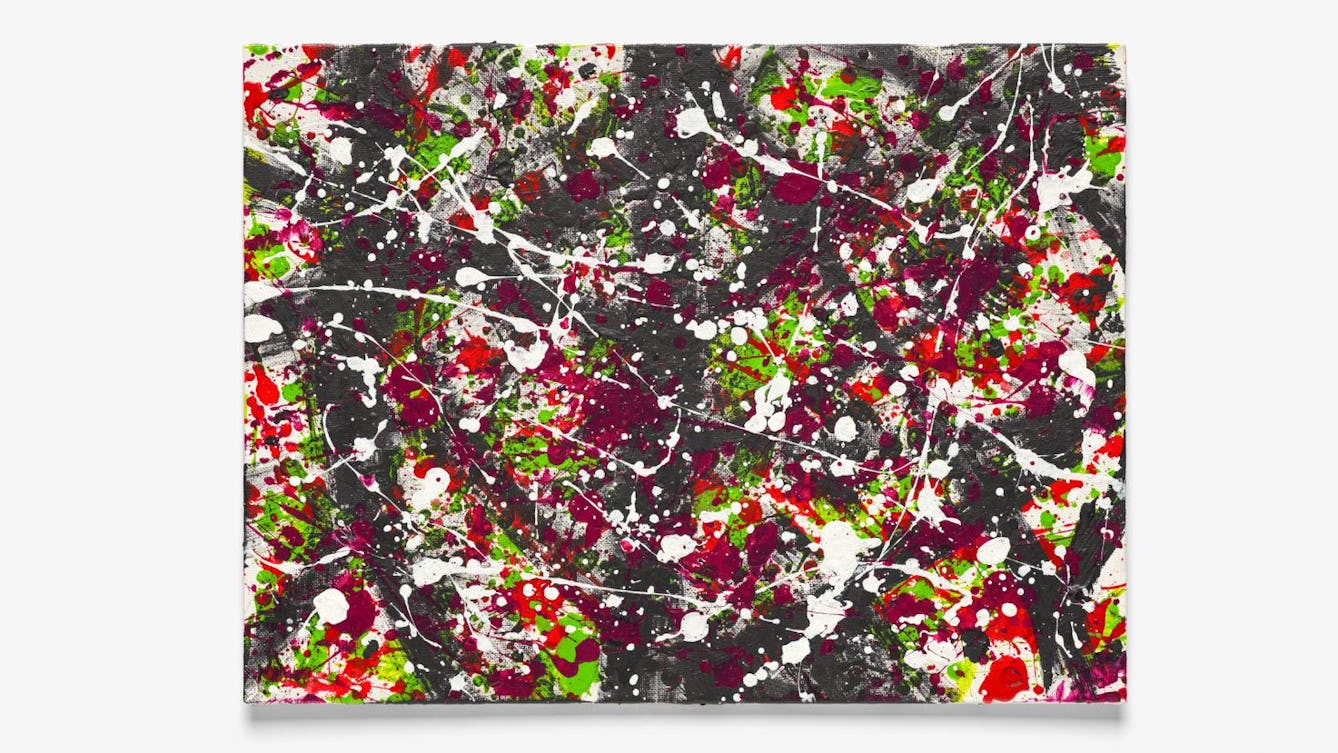
- Article
- Article
Writing back to authority
As she cuts up old doctors’ letters and uses them to compose absurd poems, Caroline Butterwick reflects on the catharsis of creation and proposes writing as a way to take back control.
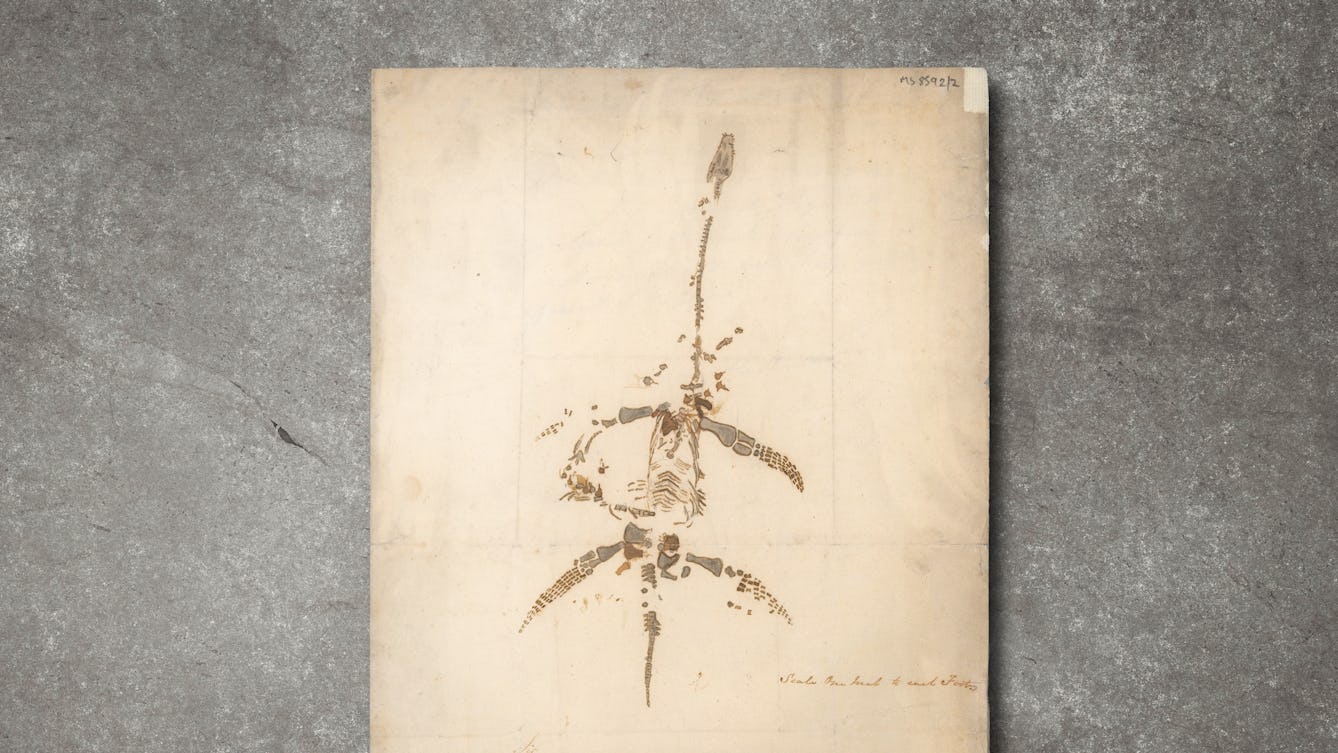
- Article
- Article
Would you like to buy a dinosaur?
Two remarkable letters and a drawing of a plesiosaur by Mary Anning offer a tantalising portal into the exciting world of fossil hunting and discovery of the 1800s.
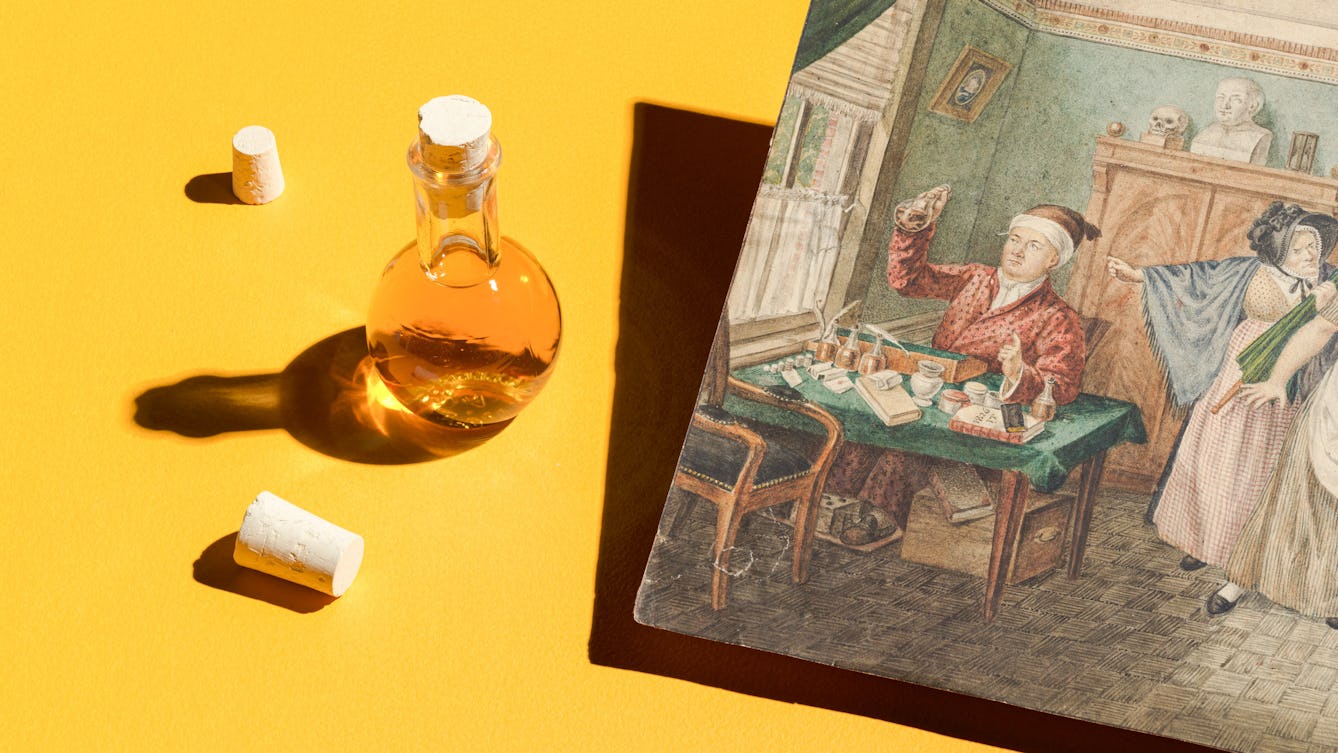
- Article
- Article
Remote diagnosis from wee to the Web
Medical practice might have moved on from when patients posted flasks of their urine for doctors to taste, but telehealth today keeps up the tradition of remote diagnosis – to our possible detriment.

- Article
- Article
Bringing Braille back to the modern world
For anyone who thinks Braille is so last century, read on. New tech is helping dust Braille down and bring it to today’s visually impaired people.

- Article
- Article
Restoring disorder to ‘The Book of Disquiet’
Printer Tim Hopkins explains what making an extraordinary new edition of Fernando Pessoa’s book revealed about both the text and the mind.

- Long read
- Long read
Primodos, paternalism and the fight to be heard
Journalist Florence Wildblood examines the case of Primodos – a conveniently quick but risky hormone pregnancy test that was prescribed in the 1960s and ’70s – and profiles two women at the story’s shocking heart.
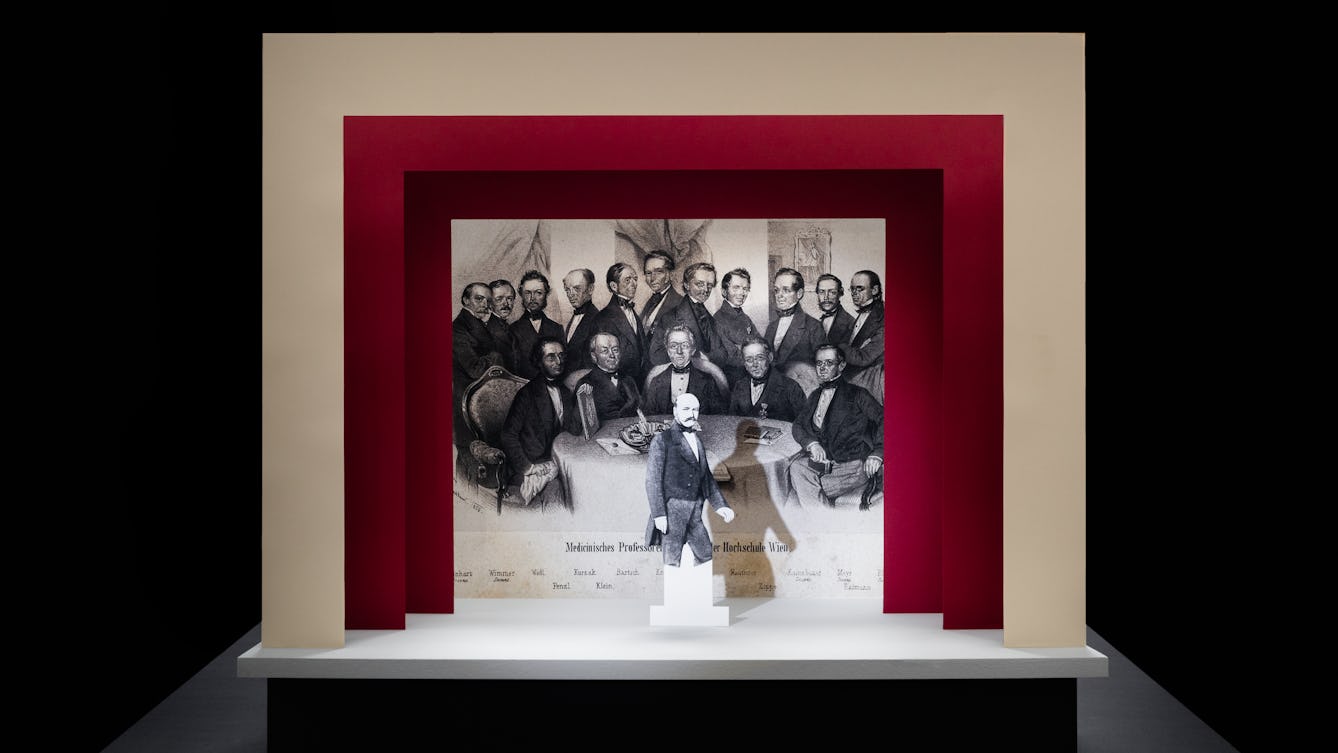
- Article
- Article
The father of handwashing
Doctors performing autopsies and then delivering babies – with not a hint of soap in between – was the grim recipe producing a lot of motherless offspring in the 1800s. But one man’s gargantuan efforts to upend accepted medical thinking turned the tide.
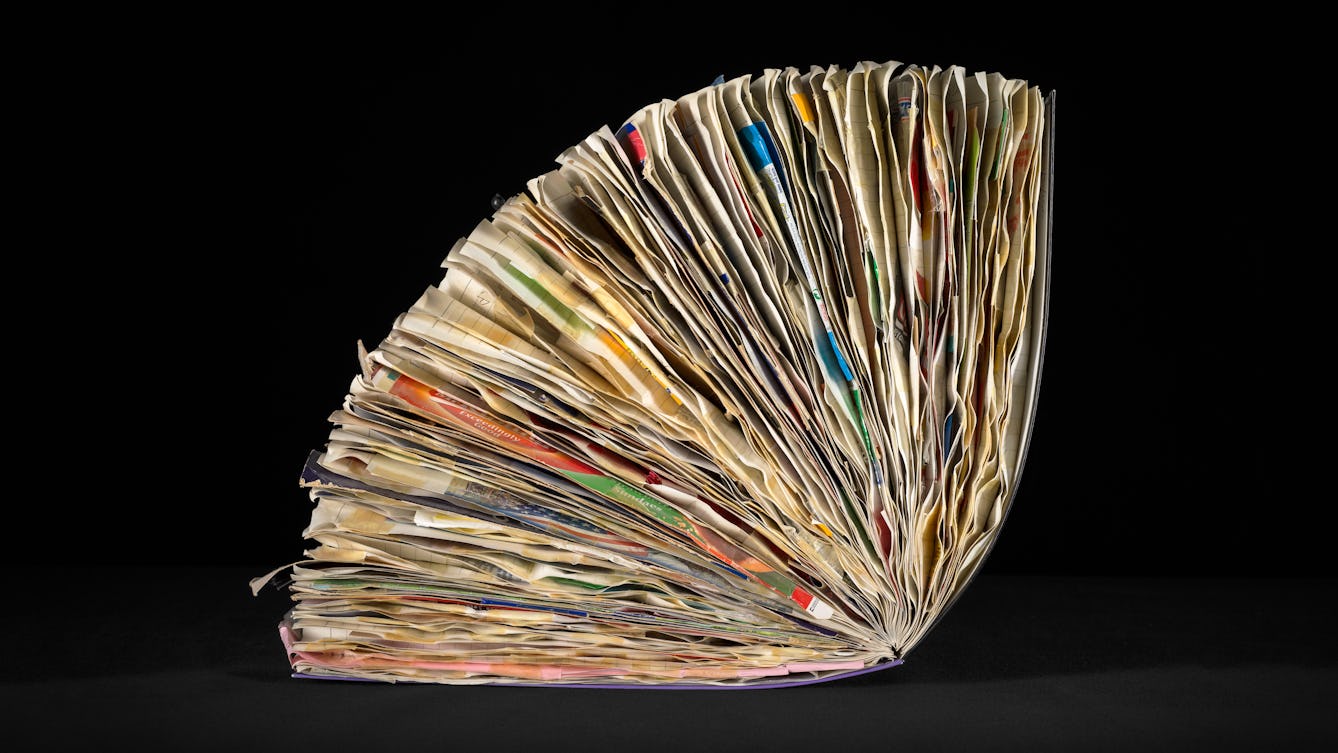
- Article
- Article
Audrey and her family
In working on Audrey Amiss’s archive, Elena is getting closer to understanding her. But the way her niece and nephew remember Audrey adds essential detail to the picture.
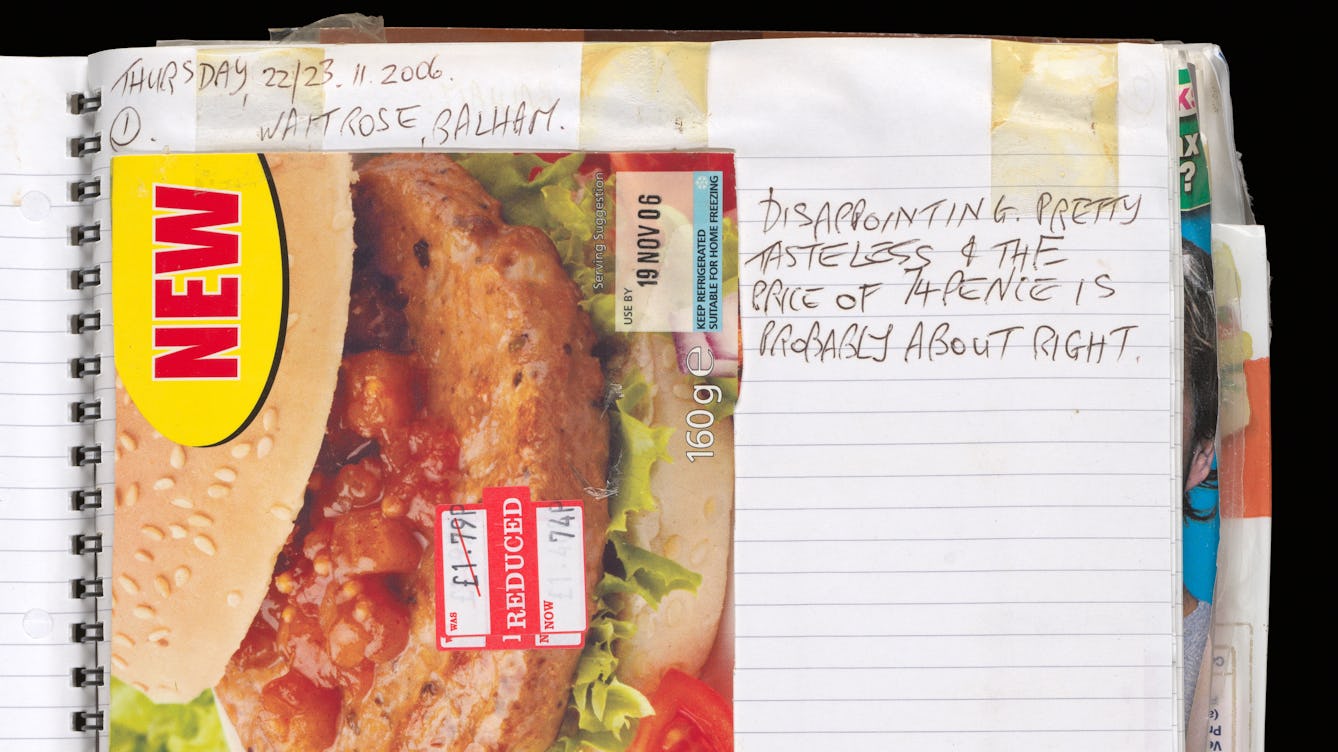
- Article
- Article
Audrey in the world
As the collection is fully catalogued, the archive is opened up to the public. A feature film about Audrey premieres, and Audrey gets her own Wikipedia page, so people can learn about her. For archivist Elena, it’s time to step back.

- Article
- Article
Cocaine, the Victorian wonder drug
Today, cocaine has a very poor public image as one of the causes of crime and violence. But for the Victorians it was welcomed as the saviour of modern surgery.

- Article
- Article
Dyslexia and its misconceptions
Overcoming common myths about dyslexia only adds to the challenges of growing up with the condition. Madeleine Morley, who was diagnosed with dyslexia aged eight, goes into myth-busting mode and shares her personal experiences.
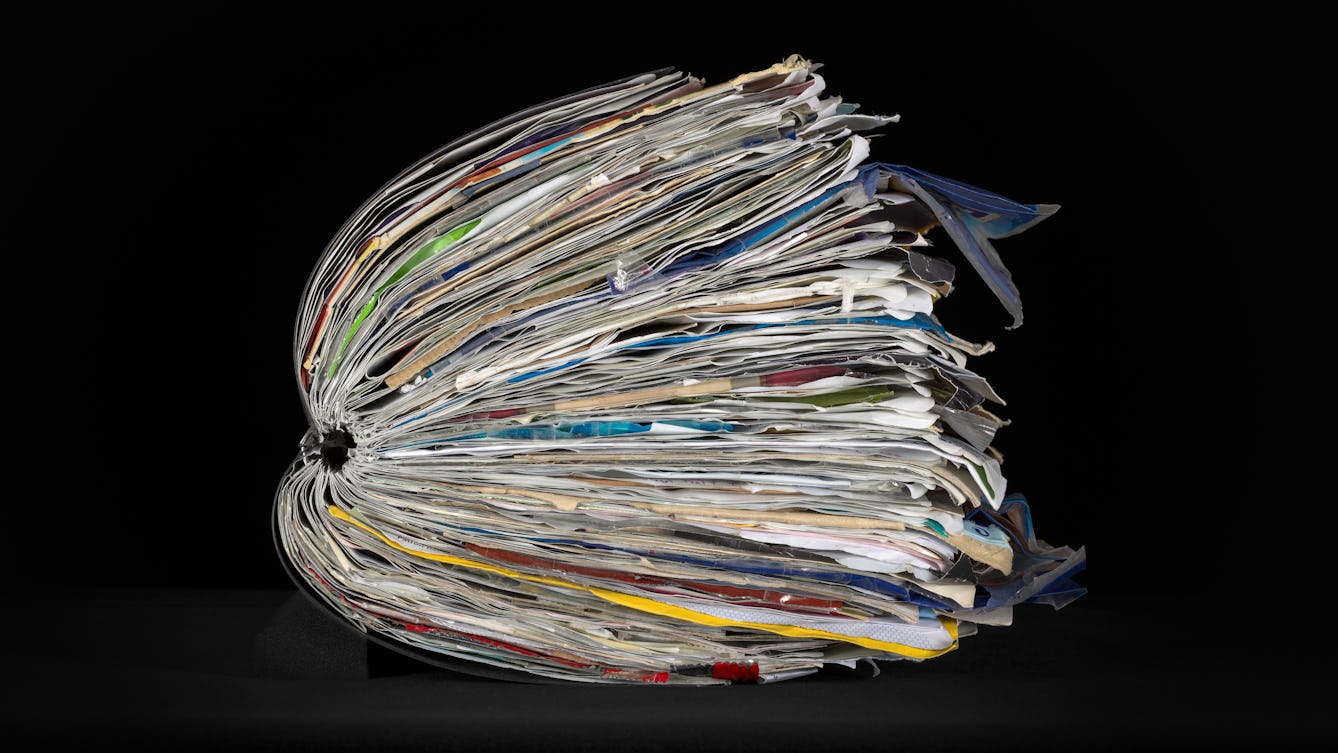
- Article
- Article
Who was Audrey Amiss?
Elena Carter introduces the vast collection left behind by artist Audrey Amiss, who documented her life in astonishing detail.

- Article
- Article
Collecting pandemic stories
Find out how personal notebook jottings from two flatmates became ‘Journals of a Pandemic’, a comprehensive diary-keeping project encompassing dozens of writers from a wide variety of backgrounds.
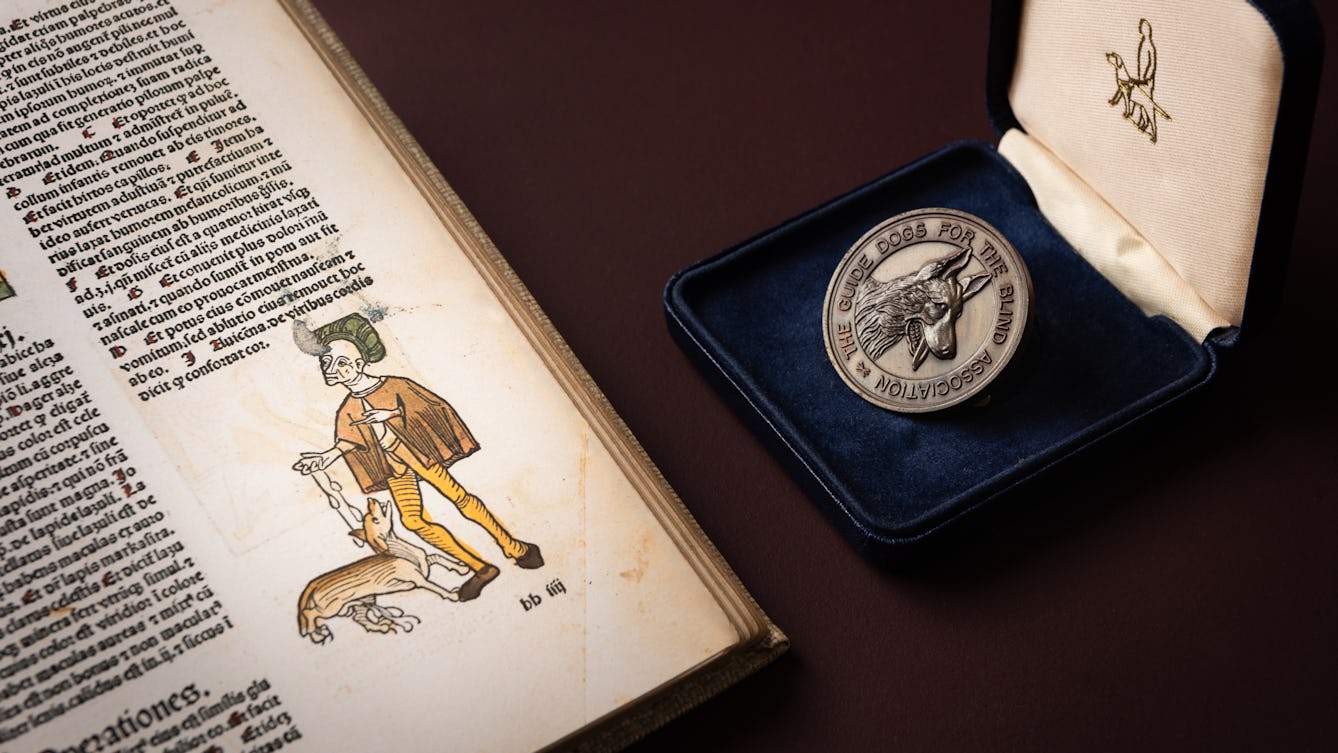
- Article
- Article
Guide dogs or good dogs from the Middle Ages
Medieval illustrations often show blind people, sometimes with dogs. But working out whether these were actually guide dogs involves a mix of detailed detective work and expert speculation.
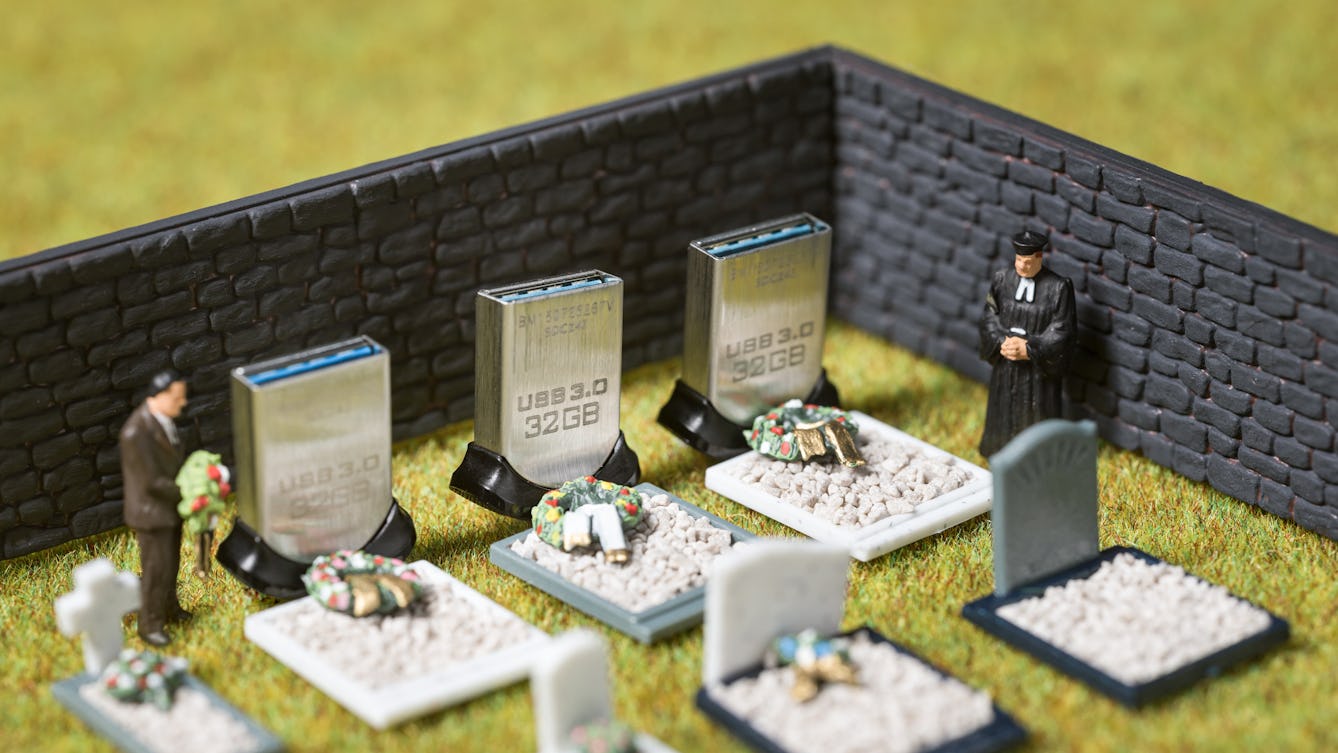
- Article
- Article
Death and our digital ghosts
When we die, our data lives on. And as companies are increasingly spotting money-making opportunities from digital legacies, now could be the time to think about – and control – yours.